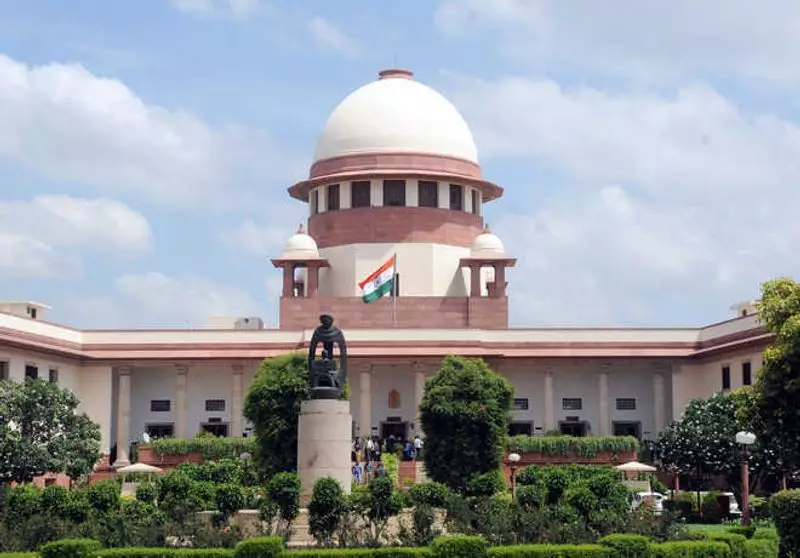
The Supreme Court of India has taken the extraordinary step of issuing a contempt notice against Telangana Legislative Assembly Speaker G. Prasad Kumar for his failure to decide on disqualification petitions against Bharat Rashtra Samithi (BRS) legislators. This unprecedented move highlights a growing constitutional crisis between the judiciary and legislative branches.
Constitutional Standoff Escalates
The bench comprising Justice A.S. Oka and Justice Ujjal Bhuyan expressed severe dissatisfaction with the Speaker's inaction regarding disqualification pleas filed against several BRS MLAs. The court noted that despite clear directions and sufficient time given, the Speaker had failed to discharge his constitutional duties.
The petitions seeking disqualification of BRS legislators were filed under the Anti-Defection Law, specifically the Tenth Schedule of the Indian Constitution. These legal actions gained momentum after several MLAs allegedly switched allegiance to the ruling Congress party, raising questions about political ethics and constitutional morality.
Judicial Intervention in Legislative Matters
The Supreme Court's intervention marks a significant moment in India's constitutional history. The judiciary has traditionally been cautious about interfering in legislative proceedings, but the persistent delay in deciding disqualification cases has forced the court's hand. The bench emphasized that constitutional authorities cannot ignore their responsibilities indefinitely.
The Speaker now faces serious consequences if he fails to respond adequately to the contempt notice. This development sets an important precedent for how similar cases might be handled across other state legislatures in India, where delaying tactics in disqualification matters have become increasingly common.
Political Implications and Future Consequences
The timing of this judicial action is particularly significant given the current political landscape in Telangana. The state has witnessed considerable political realignment since the Congress party came to power, with several opposition MLAs reportedly considering switching sides. The Supreme Court's firm stance sends a clear message to political actors across the spectrum.
Legal experts suggest that this ruling could strengthen the Anti-Defection Law's implementation and ensure quicker resolution of such cases in future. The development also raises important questions about the balance of power between different branches of government and the judiciary's role in ensuring constitutional compliance.
The case has been scheduled for further hearing, and all eyes are now on the Telangana Speaker's response to the contempt notice. The outcome could potentially reshape how legislative speakers across India handle disqualification petitions and reinforce the Supreme Court's authority in safeguarding constitutional principles.





